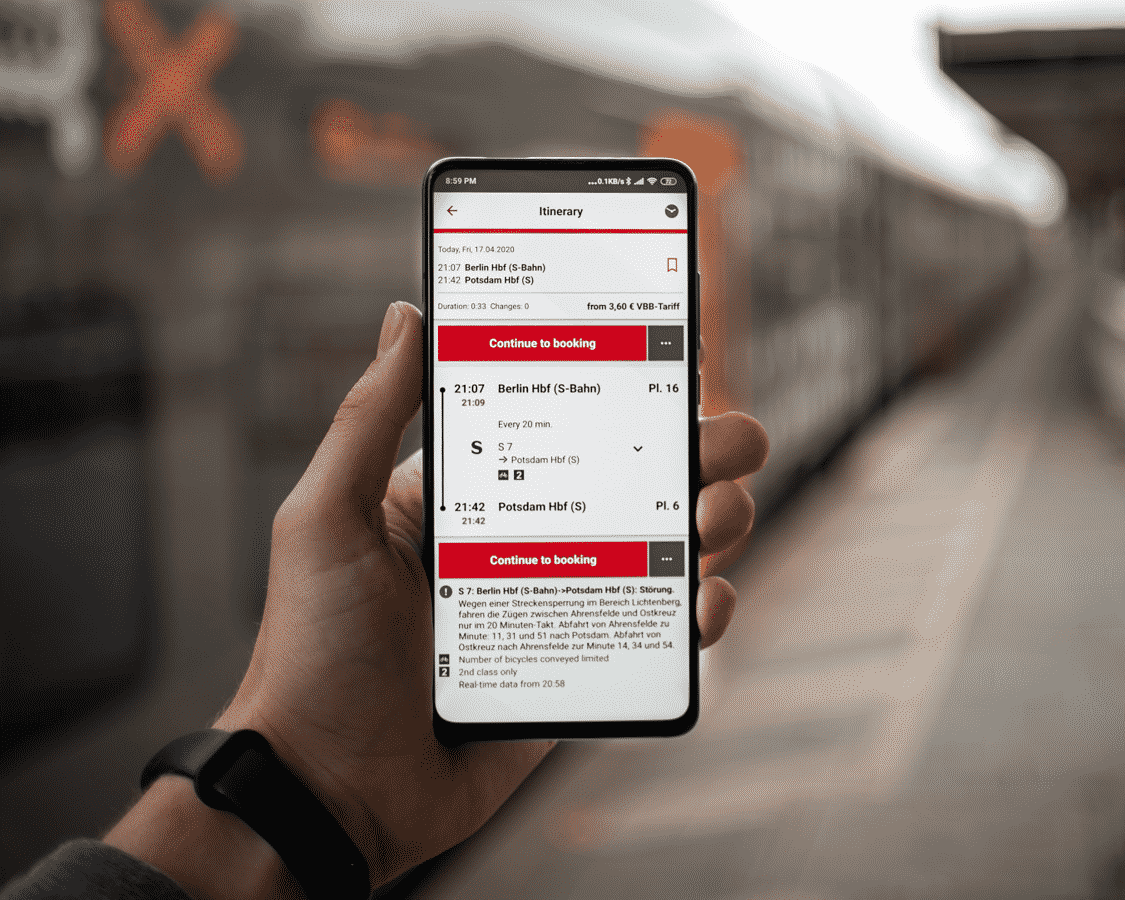The 2020 Public Transport Fare benchmarking Report
NineSquared released the sixth edition of its Fare Benchmarking Report comparing public transport fares across 39 cities across the world.
Fares are benchmarked by calculating the amount of time a person would have to work in order to afford a fare. This year, we have also included estimates of the amount of time that it would take to purchase a fare at the reported average wage across each of the cities in the database.
Using wages to normalise fare prices has its drawbacks. One limitation is that minimum nor average wages do not necessarily represent public transport users across all income brackets, and ages. Nor does the use of wages as a deflator reflect household income and household costs – a factor that is important in considering the overall affordability of transportation. Nevertheless, using the wage rates allows for the consistent comparison between different fares for public transport services, which are not traded internationally and are not directly comparable across cities or countries and, like most public transport fares, minimum wages are set by governments rather than markets.
The report estimates of the time required to work for 39 cities with 46 different sets of fares and this year includes new entrants New Dehli and Singapore.
As in previous years, we have estimated the time required to afford the lowest single adult fare as well as for the fare that would apply for a 15km journey from the centre of each city. We have also estimated the time required to pay for 10 trips in a week and 56 trips in a month to reflect the value of multi-trip tickets, caps and passes. Where reduced cost fares for frequent users are not available we have used the single ticket price multiplied by the number of trips to be made.
Once again, Beijing is amongst the cheapest cities to travel on public transport requiring only two and half minutes of work at the minimum wage to afford the lowest cost fare in that city. Joining Beijing in the top 10 cheapest places to travel on public transport are New Dehli, India, Wellington and Auckland in New Zealand, Darwin in Australia, Taipei in Taiwan, Singapore, Seoul in South Korea and Los Angeles in the United States. Full details can be found in the table below. For full details, download the Fares Benchmarking Report which includes rankings based on an ‘average’ trip of 15 kms from the city centre as well as for multi-trip tickets, passes and capped products.
Fares and affordability
Public transport plays an important role in every community in which it operates. Because of that, governments around the work work to improve the affordability of public transport. In particular, some of the highest cost cities in the benchmark data have programs in place to improve affordability. In Sao Paulo, for example, employers are required to make up the difference between 6 percent of salaries and the cost of home to work travel while Bogota provides direct transport subsidies to its poorest citizens. These arrangements are not just limited to high cost cities, Singapore, one of the lowest cost public transport cities in the database provides public transport vouchers for low income groups. While these programs do not necessarily provide universal access to public transport for the poorest segments of society, they do provide some relief against the cost of public transport in a number of cities across the world and this is not necessarily reflected in the fares benchmarking data outlined in the table above.
The Fares Benchmarking Database
The 2020 Fares Benchmarking Report is based on a subset of the larger and detailed fare and ticketing data collected by NineSquared on over 60 cities across the world in 2020. Data on all cities will be published on the NineSquared website over the next few months.
Sign up here to download a free copy of the 2020 Fares Benchmarking Report
[hubspot type=form portal=2340792 id=c1906f6a-e40e-4994-aaaf-550cdfc3b05f]



